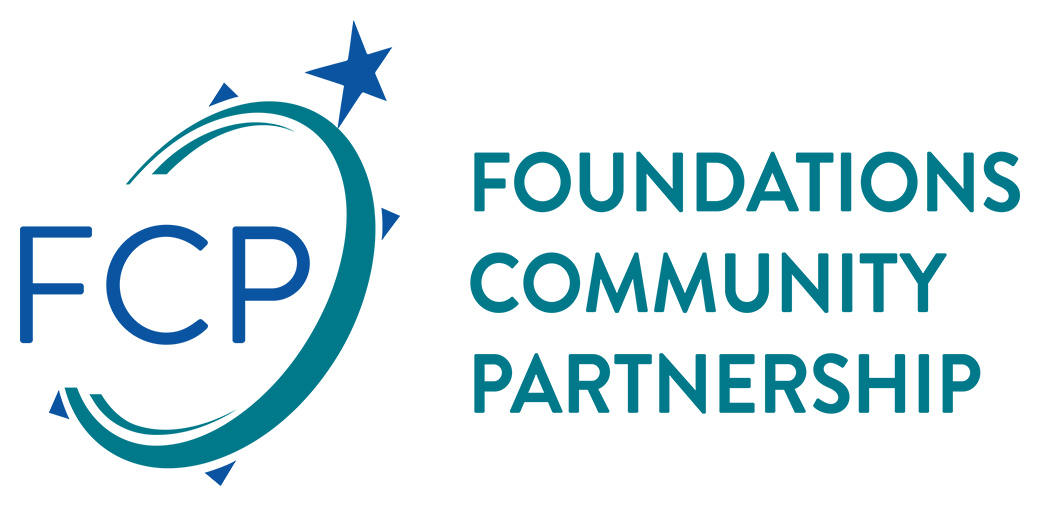Highly Focused Presentation on Important Topic at Today’s Workshop
I hope you were able to attend today’s workshop: “Evaluating and Effectively Treating Learning and Behavioral Disorders”, presented by Ken Schuster, Psy.D. If not, you missed a very good presentation.
Dr. Schuster is a Neuropsychologist with the “Child Mind Institute” in New York. As in the past, he extended the line of great workshop presenters from this organization. As a former teacher, his presentation provided a unique perspective on learning disabilities and manifestations in the classroom.
Dr. Schusters’s learning objectives for this workshop included:
- Define each of the learning and behavioral disorders according to new guidelines and differentiate between them
- Recognize common ways in which learning and disruptive behaviors surface in classrooms, at home, and in other settings
- Develop knowledge of available evidence-based evaluation methods and treatments for use when making referrals and recommendations
Most learning objectives were met during the workshop.
Dr. Schuster did an excellent job of defining learning disorders, within the context of the most recent guidelines, including the DSM V. As he noted, there are often overlapping symptoms of learning disorders among education and psychiatric criteria that can be confusing, sometimes contradictory. As most of have experienced, the definitions often decide who will pay for the service. Is it a LD, with remediation to be funded by Education, or a Mental Health problem to be funded by medical insurance?
Wisely, Dr. Schuster stopped short of attempting to answer these questions. He emphasized that the LD threshold diagnosis required six months duration, despite intervention. He pointed out that many symptoms of ADHD, for example, can be caused by anxiety or depression resulting from a life event, as opposed to a primary ADHD that has a biological etiology.
Dr. Schuster also provided an excellent, detailed description of how to recognize symptoms of learning disabilities in the classroom and beyond. He stressed that the symptoms are often subtle, and may be missed by less experienced education or mental health professionals. For example, a child who has great reading skills, when it comes to reading a passage in a book, may not have comprehended what they read, due to short term memory problems, or decoding deficits. Or a child, who has poor spelling or grammar skills, may have exceptional ability to present concepts verbally, but not in writing. This discrepancy is often missed in the classroom environment. He did emphasize that the LD symptoms did not stop at the door, either in or out of the classroom. Typically, the problems are pervasive in all spheres of the child’s life.
Dr. Schuster also did a nice job of discussing the wide range of available assessment techniques for learning disabilities, including behavioral problems that interfere with learning, His presentation mentioned the advantages of common and typical instruments to elicit information required during the assessment. He was careful to note that the instrument was able to provide a great deal of information, if the clinician looked beyond the scores. For example, the quality of the response in an opened ended question is as important as the accuracy of the response. Although a little rushed at the end, Dr. Schuster also provided a nice discussion of “Evidence Based” intervention strategies.
This was a highly focused workshop for teachers, psychologists and other educators or mental health professionals, who work in schools, or work with children and adolescents who present with these challenges. As expected, the audience was mostly composed of professionals who work with this population.
In general, this workshop was well paced and interesting. Another “thumbs up” for the “Child Mind Institute”. Thank Goodness, Dr. Schuster saved us from a lot of statistics and graphs. Mostly, the audience appeared satisfied. Some around me though, wanted more time spent on specific intervention strategies to help with behavior disorders that interfere with learning.
What do you think?
